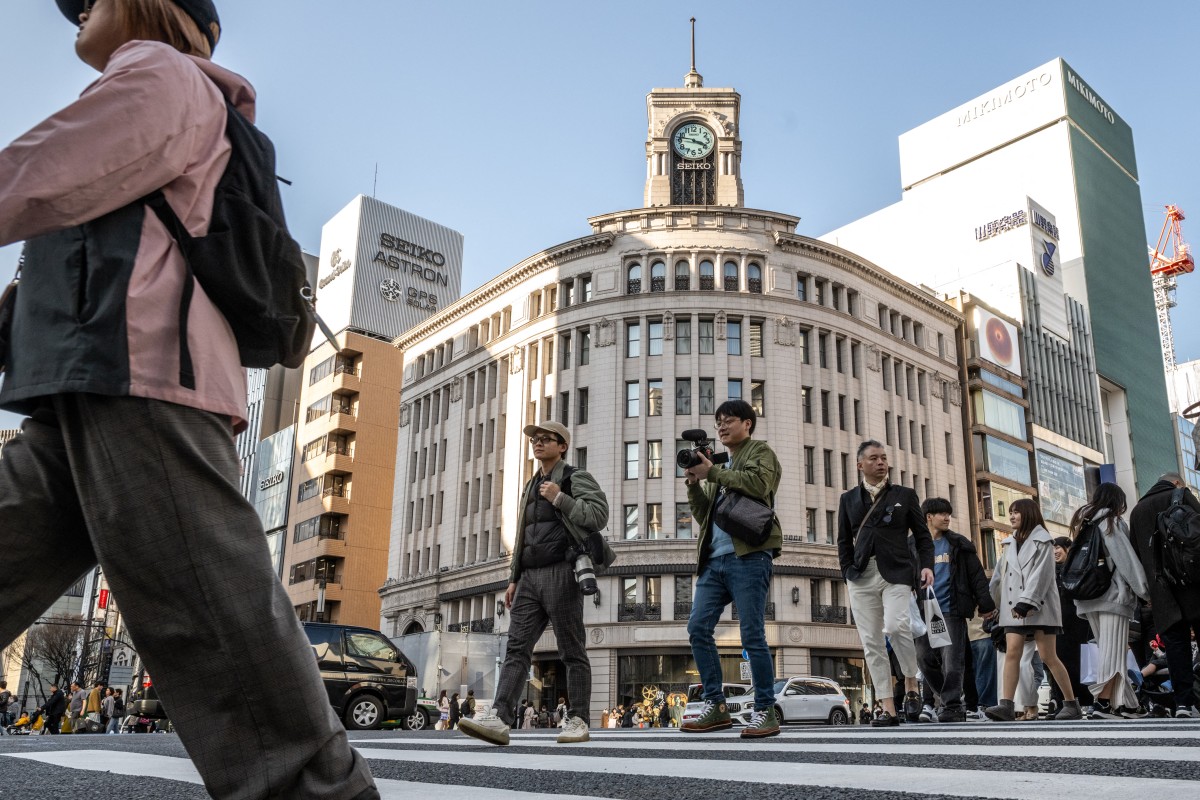Tokyo, Japan — Japan’s largest trade union said Friday it had secured the highest wage hikes since 1991 in preliminary data that stokes speculation the central bank will finally shift away from its outlier ultra-loose monetary policy.
The Rengo union said that in spring wage talks so far, its members had secured pay rises of nearly 5.3 percent on average, compared with 3.8 percent at this point last year.
Wage growth has been sluggish in Japan for decades, and the government partly blames this for the economy’s woes.
But hopes had been high for Rengo’s bargaining after major firms including Toyota and Panasonic ceded fully to their workers’ demands.
The announcement will be closely watched by economists looking for signs that the Bank of Japan could soon scale back its long-standing monetary easing policies.
Bank governor Kazuo Ueda called the spring negotiations an “important point” in deliberations over when and how to make the hotly anticipated shift.
Central banks worldwide have raised interest rates in recent years to tackle soaring inflation, but the BoJ has kept in place its negative interest rate and other measures designed to boost the stagnant economy.
Its decision to stick with these policies has sharply weakened the yen against the dollar.
Even so, the bank has stressed that it needs to see a “virtuous cycle” of rising wages and sustained, demand-driven inflation of two percent before changing its ways.
The bank will announce its policy decision on Tuesday.
“Rengo’s first tally of responses… should greatly encourage the Bank of Japan to revise its policy at its March meeting,” said BNP Paribas chief economist Ryutaro Kono.
‘Strong trend’
Rengo said around half of the workers at its member unions had secured an average raise of 5.28 percent, or 16,469 yen ($110) per month.
That was lower than members’ demands of an average hike of 5.85 percent, but Rengo chief Tomoko Yoshino said “the negotiators have been very aggressive in their demands”.
Yoshino declined to comment on next week’s Bank of Japan decision but said factors such as rising prices and labor shortages had fueled the push for higher wages.
These are on top of long-standing issues such as chronically low salaries and the gender pay gap, she added.
Prime Minister Fumio Kishida has urged business leaders to raise wages faster than inflation.
“I’m encouraged to see a strong trend of wage increases, even greater than last year,” he told a meeting of business and union leaders on Wednesday.
Nissan and Mitsubishi Heavy Industries are also among the Japanese companies that have given unions everything they asked for this year.
Nippon Steel and Suzuki have even reportedly offered more than their unions had demanded.
Japan’s “chronic labor shortage supports the trend”, Nobuko Kobayashi, Asia-Pacific strategy execution leader for consulting firm EY, told AFP before the announcement.
“Steady and sustained wage growth in tandem with inflation around two percent year-on-year will signal Japan’s exit from decades-long deflation,” she said.
Japan narrowly avoided a technical recession in the second half of 2023, but economists say the world’s number-four economy remains in the doldrums.
National Australia Bank’s Gavin Friend said on the NAB Morning Call podcast Thursday that “everybody’s now waiting” for the central bank to lift rates.
“Really, what the BoJ is looking for is a significant breach or move higher than last year’s first reading on the Rengo survey,” he added.








